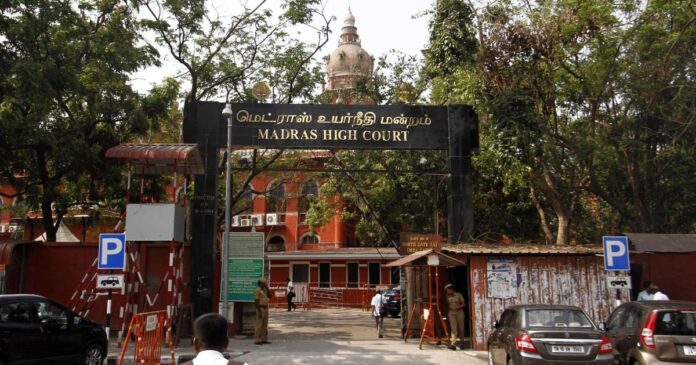The Madras High Court highlighted the State’s responsibility under its parens patriae jurisdiction to provide care for adults with mental health illnesses who lack family support. This doctrine assigns the State the duty of caring for individuals unable to care for themselves, including orphaned children, persons with disabilities, and senior citizens.
Case Background
On June 10, Justice GR Swaminathan of the Madurai bench directed the Tamil Nadu government to ensure “lifelong accommodation and medicare” for a 20-year-old mentally disabled individual. The Court’s decision was in response to a Writ Petition filed by the individual’s parents, daily wage laborers, who expressed their inability to continue supporting their son financially and emotionally.
Application of Rights of Persons with Disabilities Act, 2016
The Court highlighted the provisions of the Rights of Persons with Disabilities Act, 2016, mandating the State to care for individuals with disabilities who lack family support. Although the Act primarily addresses children, the Single-Judge Bench extended its principles to mentally disabled adults in similar circumstances. Section 25 of the Act, which details healthcare measures for persons with disabilities, was particularly noted.
State’s Duty and Judicial Oversight
Justice Swaminathan concluded that the State must exercise its parens patriae jurisdiction for mentally disabled individuals without family support. The Court, exercising jurisdiction under Article 226 of the Indian Constitution, can direct authorities to fulfill this duty. The State was instructed to establish residential homes for the mentally disabled in each district and financially support NGOs operating such homes to ensure decent living conditions and requisite medical care.
Support for NGOs and Policy Development
The Bench recognized the role of NGOs in alleviating the State’s burden and called for liberal financial support for these organizations. It was suggested that the State develop appropriate policies and regulations to manage such institutions effectively. The Court acknowledged the financial implications and did not specify a time frame for implementation.
Directives to Government
The Court issued directives to both the Tamil Nadu government and the Union government to provide adequate infrastructure and medical care for individuals with physical and mental disabilities. The Court ordered the respondents to take the petitioner’s son into custody, house him appropriately, and provide lifelong medical care until he is fit for discharge. The writ petition was allowed without costs.
The ruling highlights the convergence of various legislative frameworks, including the Rights of Persons with Disabilities Act, the Mental Healthcare Act of 2017, and the National Trust for Welfare of Persons with Autism, Cerebral Palsy, Mental Retardation, and Multiple Disabilities Act, 1999, in imposing a duty on the State to care for affected individuals.
- Case Title: Gurunathan v. The Deputy Director and Ors.
Click here to read/Download the Judgement.


